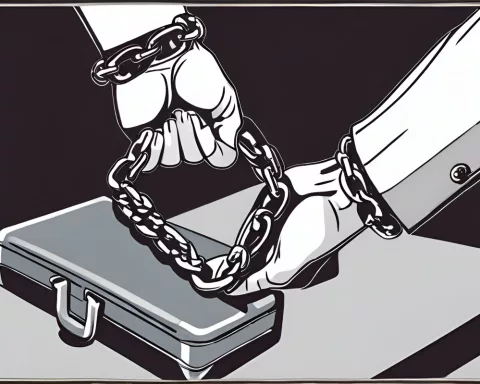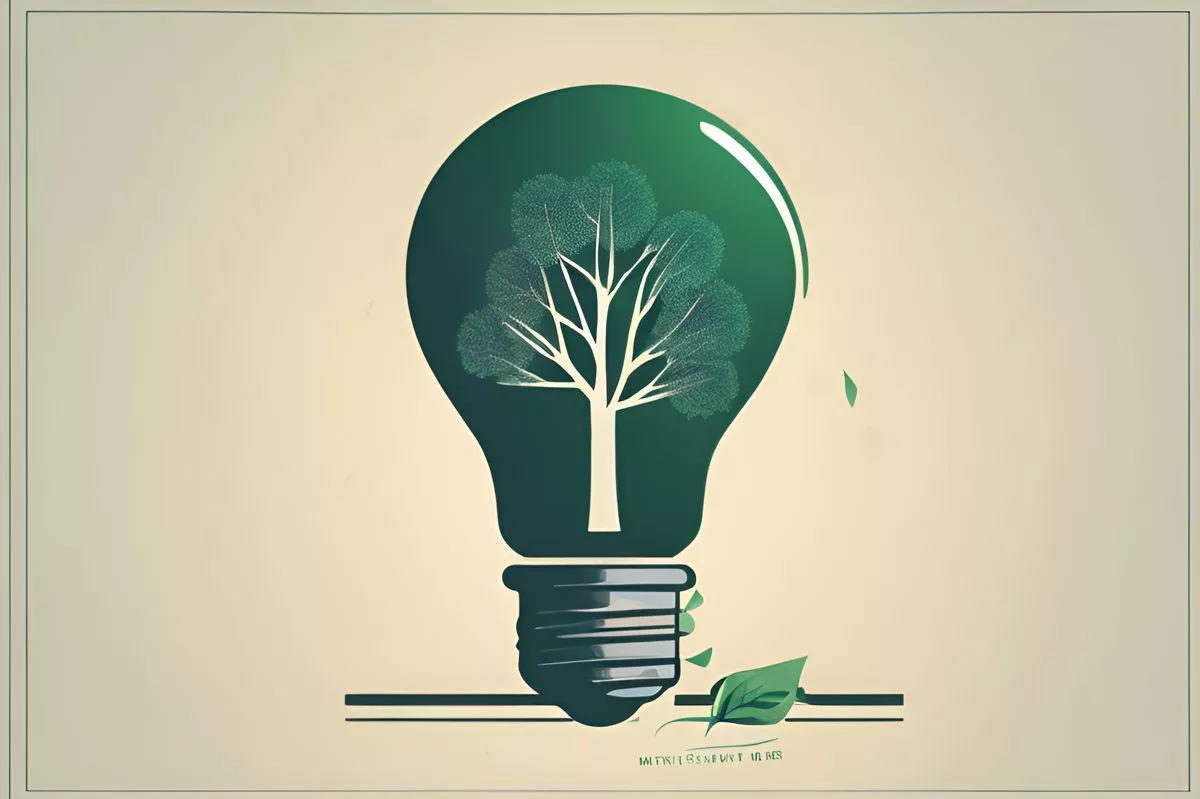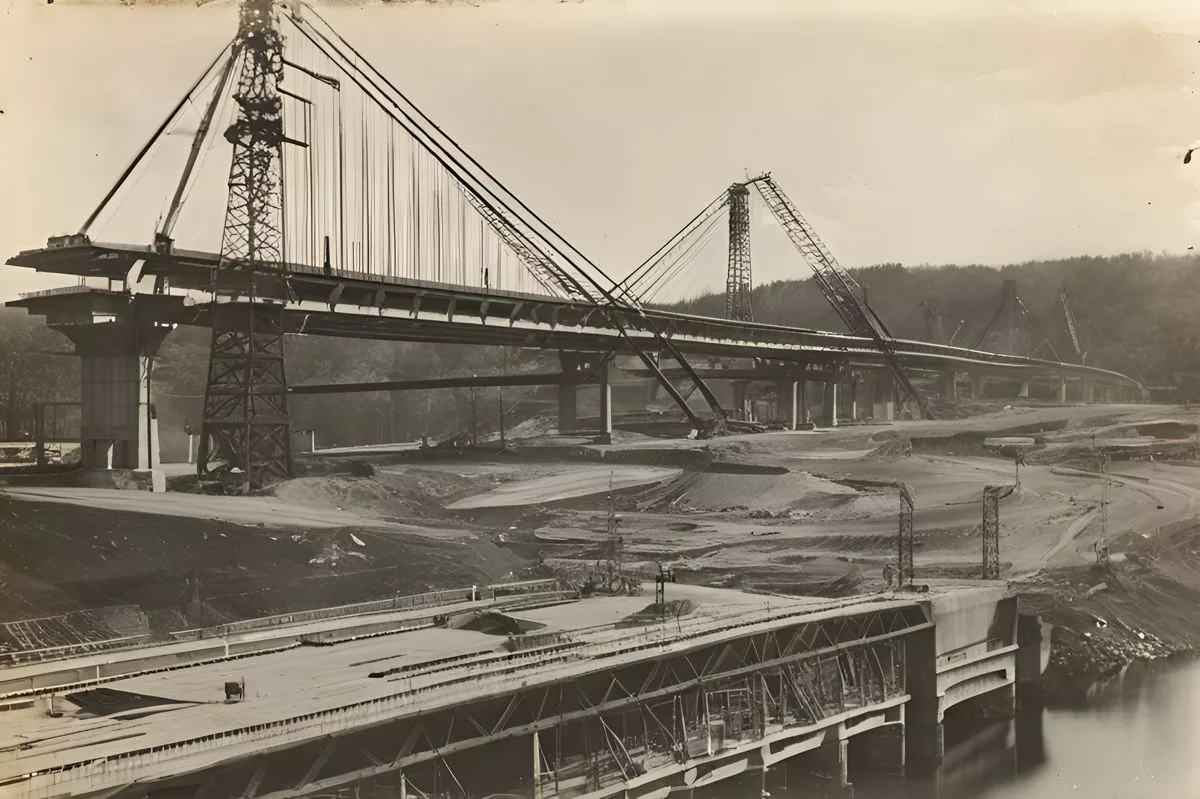South Africa’s State of the Nation Address (SONA) 2024 highlighted the government’s commitment to socio-economic and youth empowerment, tackling gender-based violence and promoting gender equality. The parliament celebrated the African National Congress’s commitment to realizing the goals outlined in the freedom charter, and the efforts made towards socio-economic empowerment of women and youth. Despite progress made, challenges like gender-based violence and youth unemployment still remain, and the government is taking initiatives to address them. The SONA 2024 reflects the impressive strides South Africa has taken since the Apartheid epoch and calls for unity and progress towards a more prosperous future.
South Africa’s State of the Nation Address (SONA) 2024 highlighted the government’s commitment to socio-economic and youth empowerment, as well as tackling gender-based violence and promoting gender equality. Despite progress made, obstacles remain, particularly in addressing GBVF and youth unemployment. The ANC’s pledge to restore the dignity of South Africans post-1994 is demonstrated by providing basic services, while calling upon every citizen to support their vision for a more balanced and prosperous South Africa.
Parliament Convenes and Celebrations Commence
In a display of unity, the South African parliament convened to analyze the insights presented by President Cyril Ramaphosa in the State of the Nation Address (SONA) 2024. The discourse, communicated eloquently by the esteemed Deputy Minister Nokuzola Tolashe, did not just encapsulate the accomplishments of the 6th term administration but also marked the robust thirty-year reign of the African National Congress (ANC).
The ANC’s commitment to realizing the goals outlined in the freedom charter was celebrated, especially its focus on the charter’s initial and ninth tenets. These clauses accentuate the right to govern and the imperative need for housing, security, and contentment – values that have significantly carved the ANC’s administration. The ANC’s governance was also greatly impacted by the 1954 Women’s Charter, a symbol of women’s liberation, which played a crucial part in the nation’s ongoing pursuit of gender equality.
Socio-Economic Empowerment: A Work in Progress
The efforts to empower South African women and girls economically and socially have made substantial progress. This has been accomplished via a range of forward-thinking policies and programs. These measures address varied issues like poverty reduction, social safeguarding, health, and skill enhancement for women. Tangible exemplars of these initiatives include providing sanitary dignity packs for needy girls and women and allocating 40% of public procurement to women-operated businesses.
While progress has been made, obstacles still remain. Societal issues such as teenage pregnancy, unpaid caregiving work, and notably Gender-Based Violence and Femicide (GBVF) continue to impede the socioeconomic status of women and girls. The narrative shared by Tintswalo represents the governing party’s commitment to providing every child born post-1994 with opportunities their predecessors lacked, thus offering them a chance at a superior life.
Youth Empowerment and Unemployment Challenges
South Africa’s resolve to tap into the potential of the youth has been resolute. Programs designed to encourage education, vocational training, and mentorship have played a significant role in bridging the gap between education and employment. Initiatives centered on entrepreneurship and leadership development have empowered the youth to carve their own paths and contribute positively to the economy.
To address rampant youth unemployment, the government has amplified initiatives including skill development. The South African National Defence Force (SANDF), in collaboration with various departments, has redesigned the National Youth Service to better align it with industry needs.
Six employment avenues are being created to cater to a wide range of sectors: maritime skills and the oceans economy, engineering, construction, manufacturing, food and agricultural value-chain industries, Digital, ICT and Fourth Industrial Revolution (4IR) industries, defence, safety, security, and community-orientated services.
Significantly, the implementation of South African Sign Language as the 12th official language promises to alleviate communication hurdles faced by the deaf community. This step is expected to radically enhance access to justice for numerous individuals with disabilities.
Tackling GBVF and Promoting Gender Equality
The government’s unwavering resolve to tackle GBVF has led to significant progress. The establishment of the GBVF Response Fund, the approval of the National Council on Gender Based Violence and Femicide Bill (NCGBVF Bill), and six critical pieces of legislation related to GBVF are indicative of this determination. Moreover, the expansion of Khuseleka One Stop Centres and the launch of the WECONA initiative are significant support structures for survivors.
The Promotion of Women’s Rights, Empowerment and Gender Equality Draft Bill, developed by the department, offers a glimmer of hope for gender equality in the workplace. This proposed legislation criminalizes wage discrimination based on gender, addressing the disparity revealed by the Stats SA’s Inequality Trends Report, 2020, which showed that women earn 30% less than men in comparable roles.
The ANC’s pledge to restore the dignity of South Africans post-1994 has been demonstrated by the provision of basic services like housing, water, and electricity. The current state of South Africa is a tribute to the resilience and courage of its citizens, who have overcome more than 300 years of struggle.
Reflection and Future Aspirations
The SONA 2024 has underscored the impressive strides South Africa has taken since the Apartheid epoch. The ANC continues to dedicate itself to enhancing people’s lives and, in the spirit of unity and progress, calls upon every citizen, particularly women, to back their vision for a more balanced and prosperous South Africa.
What did South Africa’s State of the Nation Address (SONA) 2024 highlight?
South Africa’s State of the Nation Address (SONA) 2024 highlighted the government’s commitment to socio-economic and youth empowerment, tackling gender-based violence and promoting gender equality.
What was celebrated by the parliament during the discourse on SONA 2024?
The parliament celebrated the African National Congress’s commitment to realizing the goals outlined in the freedom charter, and the efforts made towards socio-economic empowerment of women and youth.
What societal issues continue to impede the socioeconomic status of women and girls in South Africa?
Societal issues such as teenage pregnancy, unpaid caregiving work, and Gender-Based Violence and Femicide (GBVF) continue to impede the socioeconomic status of women and girls in South Africa.
What initiatives has the government taken to address youth unemployment in South Africa?
The government has amplified initiatives including skill development, National Youth Service, and creating six employment avenues catering to a wide range of sectors.
What significant progress has the government made in tackling GBVF in South Africa?
The establishment of the GBVF Response Fund, the approval of the National Council on Gender Based Violence and Femicide Bill (NCGBVF Bill), and six critical pieces of legislation related to GBVF are indicative of the government’s determination to tackle GBVF.
What is the ANC’s vision for South Africa’s future?
The ANC continues to dedicate itself to enhancing people’s lives and, in the spirit of unity and progress, calls upon every citizen, particularly women, to back their vision for a more balanced and prosperous South Africa.












